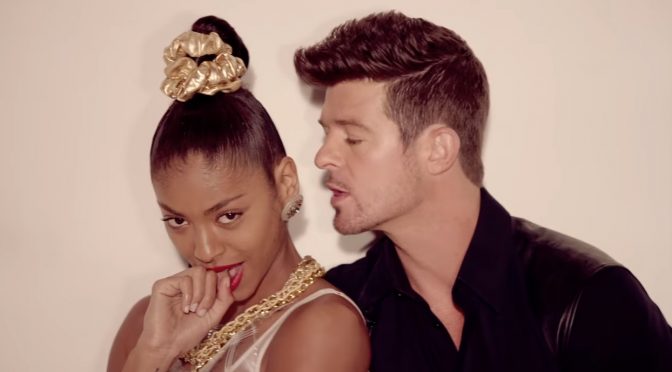Artists Rally Around Appeal of Controversial ‘Blurred Lines’ Verdict
As the unofficial close of Summer 2016 draws near, today's news might have many people recalling Summer 2013. During that year, the mega-hit Blurred Lines ruled the airwaves. Not only was the song a mega-hit in the United States for 12 weeks, it also topped the charts in over 25 other countries.
Like much of … Continue Reading ››
